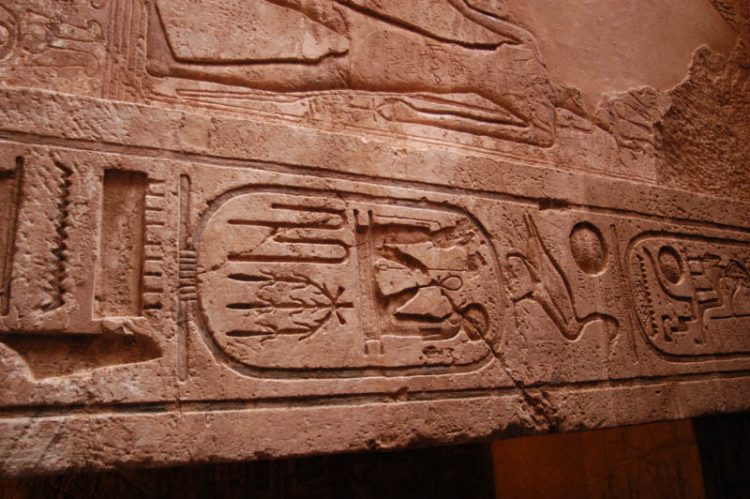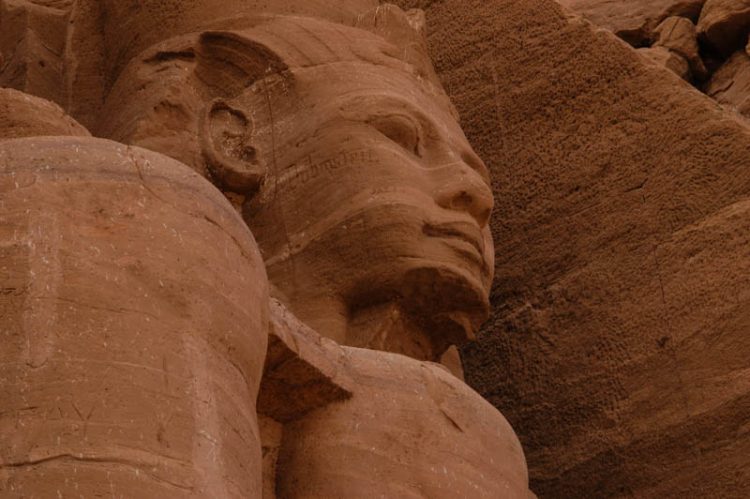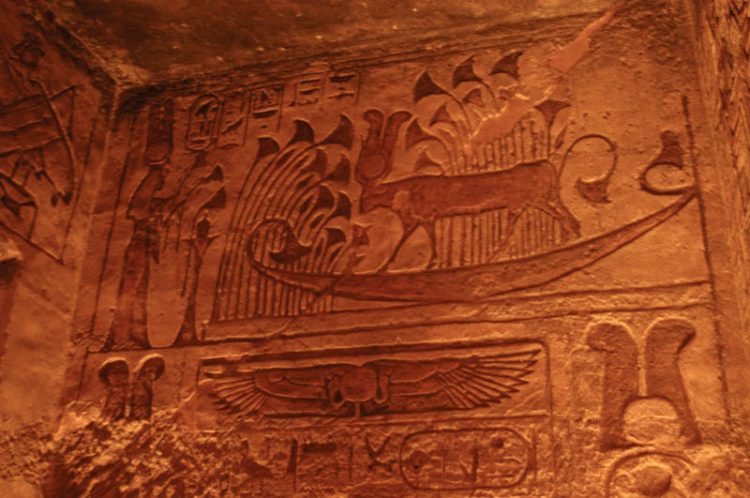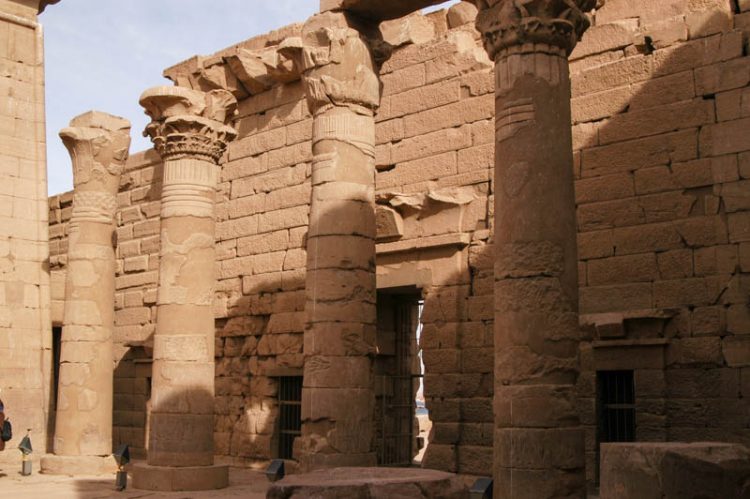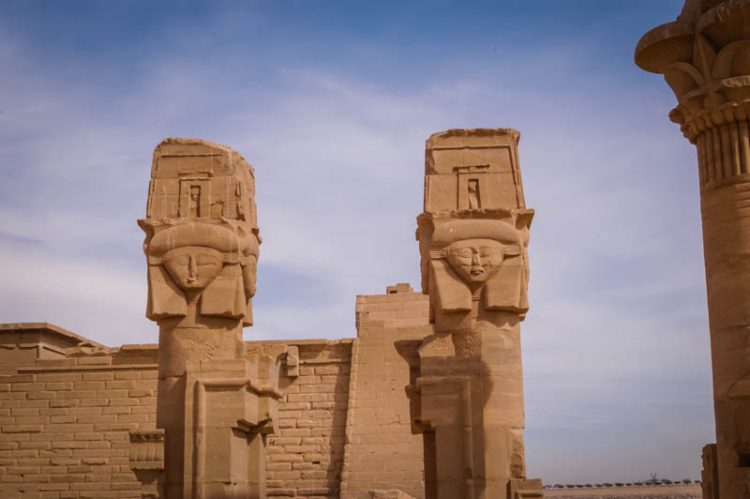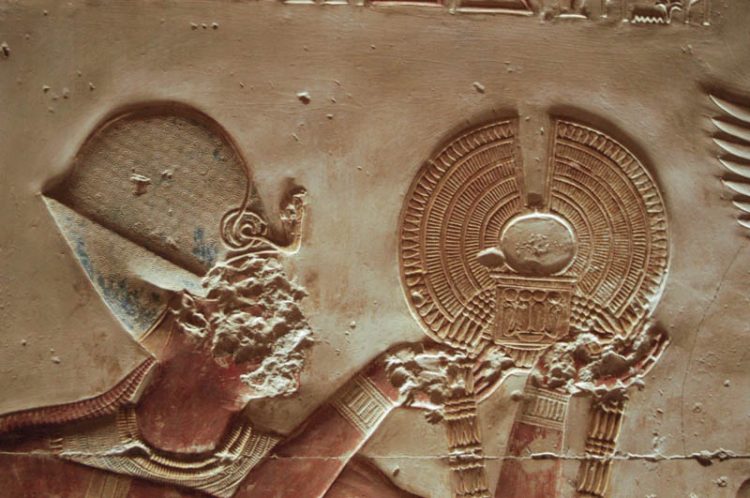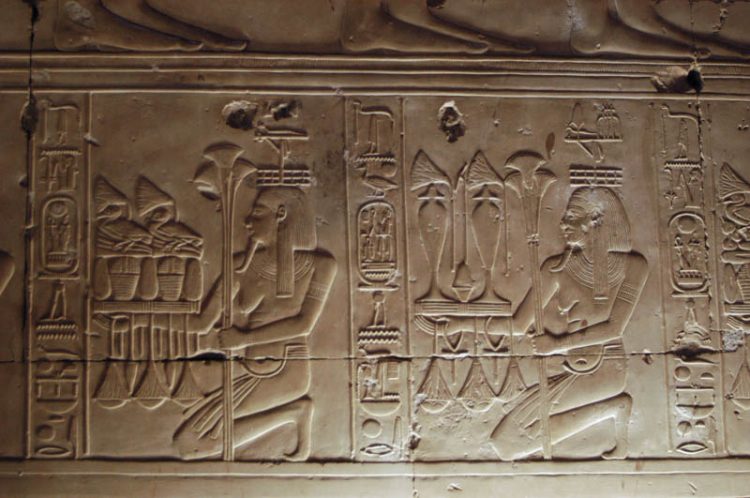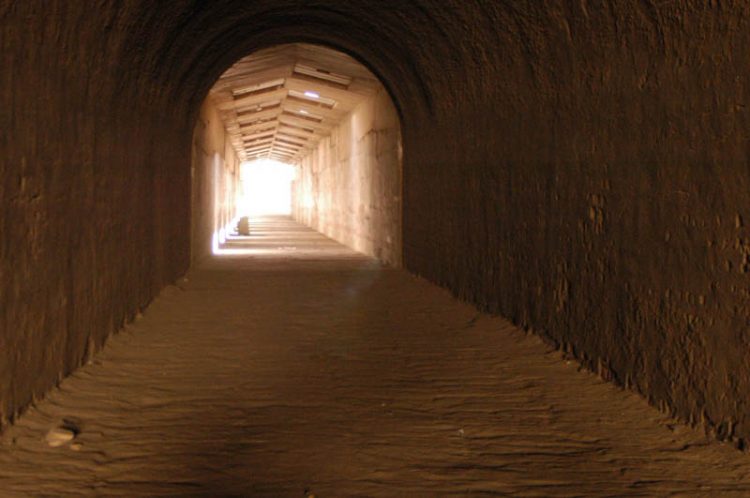February 9, 2003.Reading time 6 minutes.
Even if it’s not included in your “tour”, you should definitely add it if you can — this was without a doubt the most spectacular site we saw in Egypt. It is even more spectacular when you realize that the entire temple complex was picked up and moved to this site by UNESCO
Read More
February 9, 2003.Reading time 17 minutes.
The enormous statues that front the Sun Temple of Ramesses II in Abu SImbel are simply awesome, and seeing them was definitely one of the highlights of our trip. Especially knowing that it was moved when the Aswan Dam was built.
Read More
February 9, 2003.Reading time 5 minutes.
The massive temple of Ramesses II is not the only temple at Abu Simbel that was relocated by UNESCO. Just to the north stands a smaller but still imposing temple for Ramesses chief queen, Nefertari.
Read More
February 10, 2003.Reading time 7 minutes.
The temple on Kalabsha is the largest freestanding Nubian temple in Egypt. It, too, was relocated by UNESCO with the building of the High Dam and is marooned on a small island in the lake
Read More
February 10, 2003.Reading time 1 minute.
The Kiosk of Qertassi is a small reconstructed temple on the site of Kalabsha Temple (which itself has been reconstructed by UNESCO on this new island above the rising water of Lake Nasser.
Read More
February 16, 2003.Reading time 3 minutes.
The city of Abydos was considered the holiest of cities by the Ancient Egyptians, who began pilgrimages to the city in the 7th Dynasty. It continued to be a the destination for funerary pilgrimages through the Ptolemys.
Read More
February 16, 2003.Reading time 7 minutes.
The limestone temple, built by Seti I (and later usurped and added to by Ramesses II — surprised?) is covered in reliefs showing the resurrection of the god Osiris and, by extension, that of Seti I himself.
Read More
February 16, 2003.Reading time 5 minutes.
The nearly subterranean temple of Osiris next to the great Temple of Seti I at Abydos was completely covered in sand in the early part of the century.
Read More
